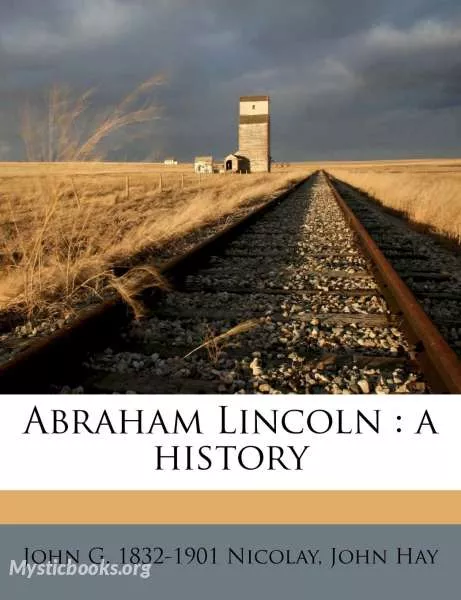
Abraham Lincoln: A History (Volume 9)
'Abraham Lincoln: A History (Volume 9)' Summary
Early in his presidency, Hay and Nicolay requested and received permission from Lincoln to write his biography. In the first years after Lincoln's death, Hay and Nicolay were not encouraged to publish such a work—Representative Isaac Newton Arnold, a Lincoln supporter, had quickly published a substantial Lincoln biography, and publishers were not eager for another. Further, the permission of Robert Lincoln, who controlled his father's papers, would have to be gained. Lincoln's former secretaries decided to wait until they had sufficient time and money.
The often-dormant proposal to write the biography was given new impetus as they came to believe Lincoln's historical image was being distorted. Ward Hill Lamon in 1872 published a biography of Lincoln based on research by William Herndon, Lincoln's law partner. Lamon's book first made widely known many of the early accounts of Lincoln's life, such as those regarding Ann Rutledge, whom Lamon related Lincoln had loved and whose death devastated him. Without access to his papers, these early biographers focused on these episodes told of the young Lincoln, that fascinated the public. The Lincoln family believed some of these distorted or untrue, and in any event disrespectful. Also becoming popular were interpretations of the war that minimized Southern blame, with the bravery of the soldiers stressed in the name of sectional reconciliation. Popular fiction, such as that by Joel Chandler Harris, pressed a nostalgic view of the Old South.
By 1872, Hay was "convinced that we ought to be at work on our 'Lincoln.' I don't think the time for publication has come, but the time for preparation is slipping away." Robert Lincoln, Lincoln's surviving child, in 1874 formally agreed to let Hay and Nicolay use his father's papers; by 1875, they were engaged in research. Hay and Nicolay enjoyed exclusive access to Lincoln's papers, which were not opened to other researchers until 1947. They gathered documents written by others, as well as many of the Civil War books already being published. They at rare times relied on memory, such as Nicolay's recollection of the moment at the 1860 Republican convention when Lincoln was nominated, but for much of the rest relied on research. The research was so extensive that in their published work, Hay and Nicolay sometimes wrote that no records exist on certain points—statements that later proved to be premature.
Hay began his part of the writing in 1876; the work was interrupted by illnesses of Hay, Nicolay, or family members, or by Hay's writing of The Bread-Winners. When Hay was in Washington as Assistant Secretary of State in 1879–81, and after Hay returned to Washington in 1885, he and Nicolay (then the Marshal of the Supreme Court) would walk to each other's house with chapter drafts or research materials. In 1881, after his temporary service as editor of the Tribune in Whitelaw Reid's absence, he agreed to do unsigned Civil War book reviews for the Tribune, but when asked to do obituaries as well, refused, "I have not read anything this winter except what bears on one subject".
By 1885, Hay had completed the chapters on Lincoln's early life, and they were submitted to Robert Lincoln, Robert retained the right of approval of the text, and required a number of changes, for example, he felt the depiction of Lincoln's father Thomas showed him as too shiftless. Sometimes Hay and Nicolay alternated chapters, sometimes one took responsibility for an entire volume.
Book Details
Language
EnglishOriginal Language
EnglishPublished In
1890Genre/Category
Tags/Keywords
Authors
Download eBooks
Listen/Download Audiobook
- Select Speed
Related books
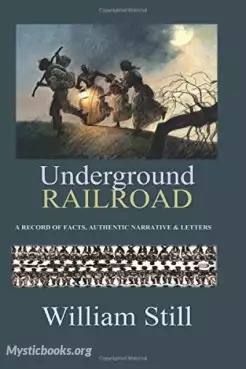
The Underground Railroad, Part 4 by William Still
The Underground Railroad was a network of secret routes and safe houses established in the United States during the early- to mid-19th century. It was...

Famous Adventures And Prison Escapes Of The Civil War by Various
This book, originally published in 1913, compiles seven narratives from the late 19th century about daring adventures and prison escapes during the Am...

The Private Soldier Under Washington by Charles Knowles Bolton
Step back in time and discover the untold stories of the unsung heroes who stood shoulder to shoulder with General George Washington during the tumult...

South American Republics, Part II by Thomas Cleland Dawson
This book provides an overview of the history of South America, from the arrival of the Spanish conquistadors in the 16th century to the early 20th ce...
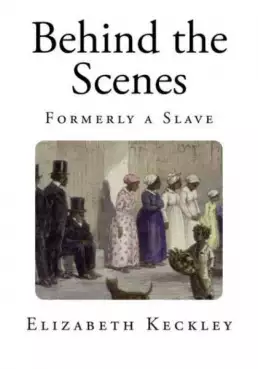
Behind the Scenes by Elizabeth Keckley
This is the autobiography of Elizabeth Keckley, a former slave who bought her freedom with the money she earned as a seamstress. She eventually worked...

Dirge for Two Veterans by Walt Whitman
In celebration of Memorial Day in the United States, 2007, LibriVox volunteers bring you twelve different recordings of Dirge for Two Veterans by Walt...
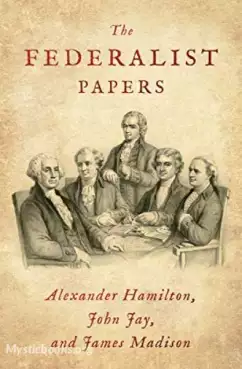
The Federalist Papers by Alexander Hamilton
In order to promote the ratification of the United States Constitution in the late 1780s, Alexander Hamilton, James Madison and John Hay wrote a serie...
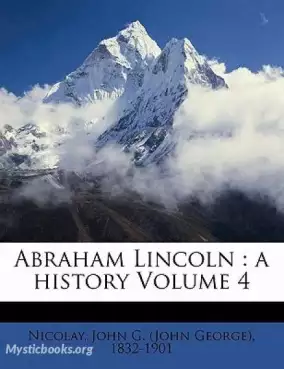
Abraham Lincoln: A History (Volume 4) by John George Nicolay
Abraham Lincoln: A History is an 1890 ten-volume account of the life and times of Abraham Lincoln, written by John Nicolay and John Hay, who were his...

Life of Washington, Volume 4 by John James Marshall
This volume of John James Marshall's comprehensive biography of George Washington focuses on the final stages of the American Revolutionary War and th...

Barbara Frietchie by John Greenleaf Whittier
This was the weekly poem for Flag Day 2006. It tells the largely-apocryphal but nonetheless inspiring story of one old woman’s act of patriotism durin...
Reviews for Abraham Lincoln: A History (Volume 9)
No reviews posted or approved, yet...

